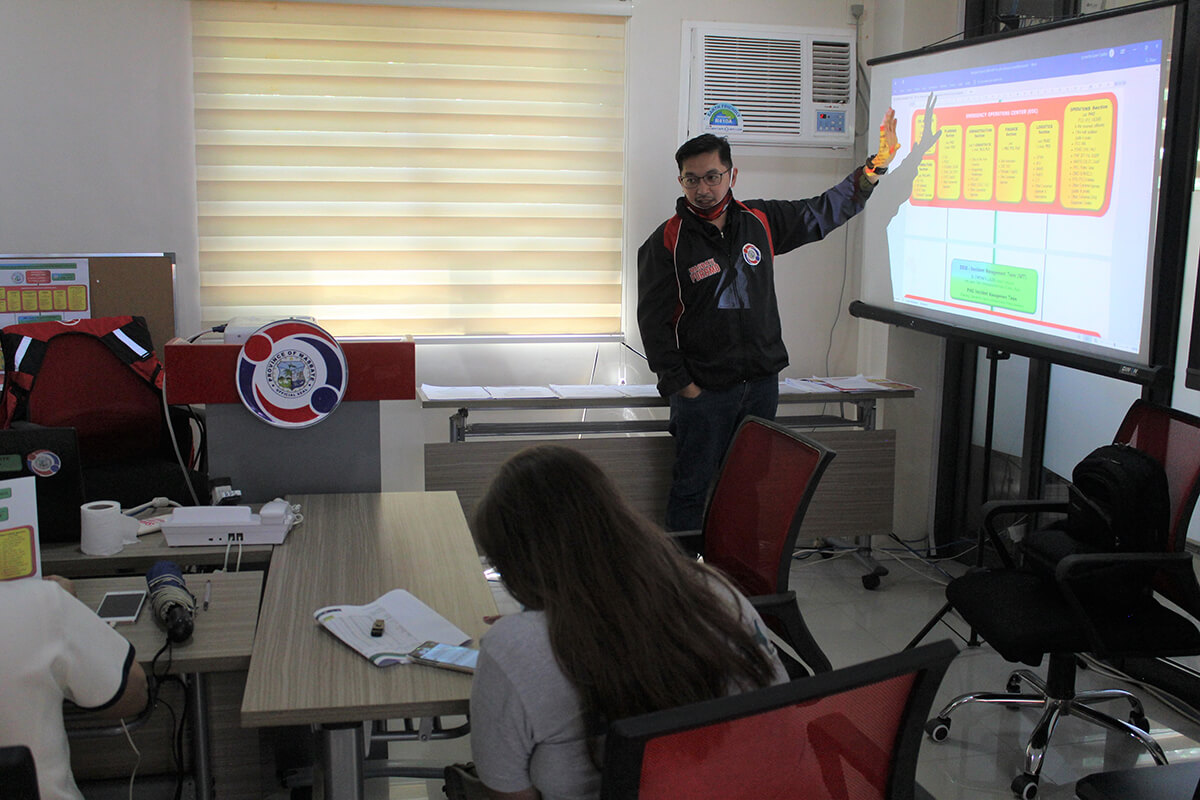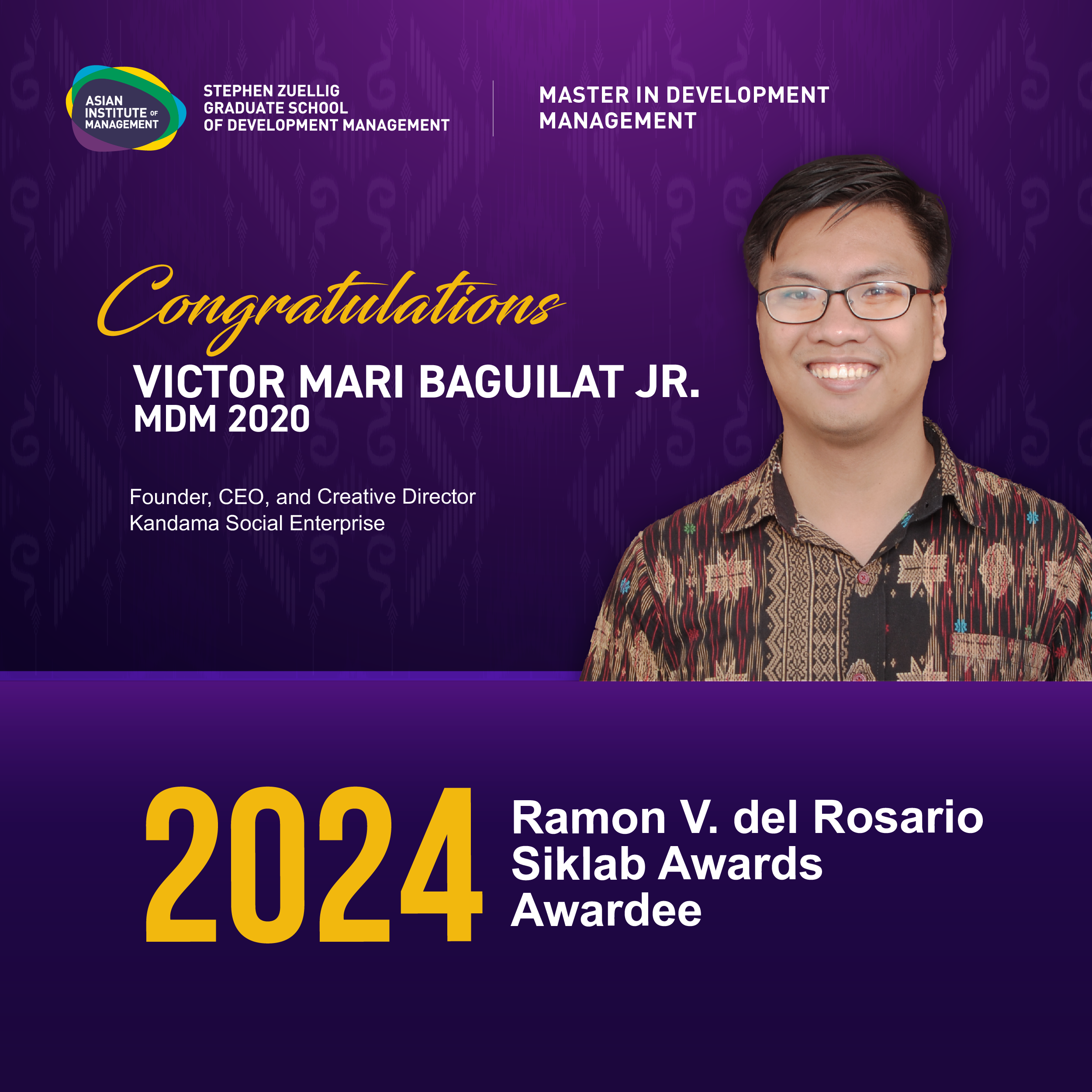The Asian Institute of Management (AIM) and its various programs and departments demonstrated internal collaboration to address various aspects of the current crisis. AIM also initiated deeper engagements with external partners to make a greater difference amidst the pandemic, both as a thought leader and project implementer.
As an example, AIM students, guided by key faculty and AIM management, created the AIM Situation Room to collect, curate, and communicate vital information on COVID-19 to various stakeholders such as businesses, government agencies, and local government units (LGUs). A “virtuous circle” is then created, as the said information recipients send back pertinent data and information from the ground. To date, this initiative has churned out situation reports and policy briefs considered by key government officials in their recommendations and reporting.
AIM also prides itself in having practitioner-professors who not only have academic expertise, but also years of practical experience in their respective fields, resulting in unique and firsthand insights. In the current crisis, they serve as thought leaders, and their specific contributions range from conducting sessions on business and service continuity planning, to masterclasses on Crisis Leadership and Innovations. More importantly, they craft thought-provoking but practical ideas to help low-income groups, highlight the consequences of alternative public responses to the epidemic in the Philippines, and lay out important lessons from the lockdown.
The Institute’s mission is to sustain the growth of Asian businesses and societies by developing professional, entrepreneurial, and socially-responsible leaders and managers. Consequently, AIM’s impact may also be measured by the various efforts alumni have instigated in response to the crisis. These include a proud Maranao who is also a Master in Development Management (MDM) alumnus serving as team leader for relief operations in Bayang, Lanao del Sur, in addition to being Head of Communications of the said LGU. Another MDM graduate who is the parish priest of Aborlan, Palawan mobilized available resources and sounded off on the need for donations to set up mobile markets to sell at reduced, or even at no cost, to parishioners. The initiative had the added benefit of enabling fisherfolk to sell their catch (while providing parishioners with food access).
Current students also demonstrate social responsibility and an enterprising spirit: MDM students have incorporated the production of masks and personal protective equipment (PPEs) in their startups, collaborated on an app to help the Armed Forces coordinate transportation for health workers, and prioritized COVID-19 response in food security initiatives that they had started well before the pandemic.
Meanwhile, Executive Master in Disaster Risk and Crisis Management (EMDRCM) students, apart from working with other programs in the aforementioned Situation Room, are themselves frontliners in the fight against COVID-19, whether it be as an ER doctor in a private hospital or as a communications adviser for an international humanitarian organization who is mindful of the importance of careful messaging in managing the crisis. EMDRCM students can also be found in various LGUs throughout the country leading their disaster and crisis response teams.
Lastly, AIM and its professors Jamil Paolo Francisco, Kenneth Hartigan-Go, Chris Monterola, Harini Chari, and many others, have been organizing and speaking at various webinars that deal with topics ranging from the economic implications of COVID-19 to trends, patterns, and forecasting. One of their latest efforts involved a collaboration with the Taiwan Economic and Cultural Office (TECO), Ateneo de Manila and its various professional schools, and De La Salle University-Jessie Robredo Institute of Governance, which resulted in a webinar that tapped key Taiwanese officials who shared best practices that set Taiwan apart in containing the virus and helping businesses, the healthcare sector, and the general populace manage the outbreak.






